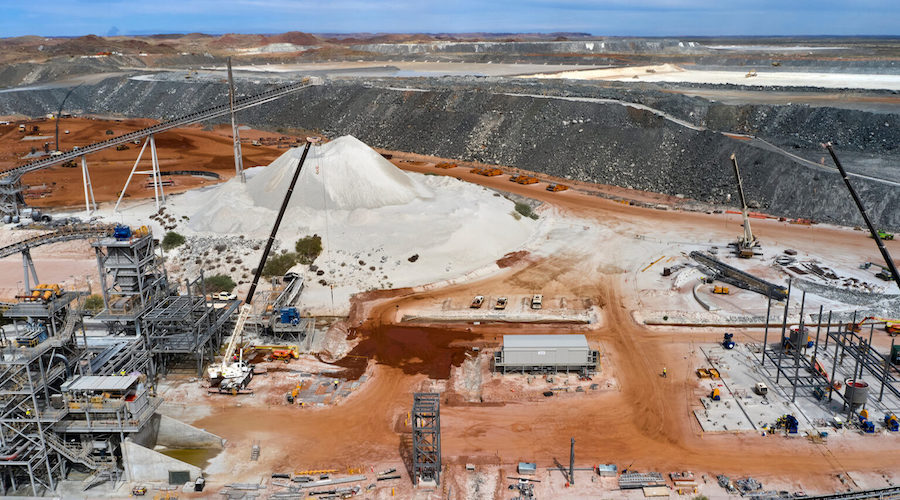Greed Isn’t Good?
The most quoted line in the 1980s film Wall Street goes “Greed is good,” but fascinating new research suggests otherwise.
An Economist article highlights the work of researchers in Canada who wanted to measure how much different societies value fairness in their dealings with others.
They set up an experiment of volunteers from 15 small-scale societies around the world, among them the Hadza (nomads in Tanzania), Dolgan (Colombian fishermen) and Sanquianga (hunters in Siberia).
Participants played two money games. In the first, involving two players who did not meet, one was given an amount of money and could decide how much (if any) to give to the other. The researchers then tweaked the rules to add a punitive element – the second player had to decide ahead of time how much he would accept, and if the offer wasn’t close enough, he turned it down and both players ended up empty-handed.
The researchers discovered that societies with little market integration (expressed in terms of how they meet their food needs) were the ones where fairness counted the least. The greater the market integration, the more fairness played an important role in the exchange between the players.
The graphic plots the results. The Hadza nomads had the least market interaction and thus the least emphasis on fairness. The Sanquianga hunters in Siberia had among the highest levels of market integration, and they exhibited a high degree of fairness in how they played the money game.
This experiment may shed some light on how we see commerce evolve in the future. For example, many emerging nations that were once isolated economically are closely linked with developed countries in the West through globalization. How will their various notions of fairness evolve in these interactions?
If governments and corporations don’t play fair, they could be marginalized in the global market. A good example of this is Venezuela, where the socialist Chavez government has nationalized the assets of foreign oil companies, supermarket chains and other businesses. This has damaged the country’s reputation and consequently its economic growth prospects.
Read the Economist Article
By clicking on the link, you will be directed to the Economist website. U.S. Global Investors does not endorse all the information supplied by this website and is not responsible for its content.
{{ commodity.name }}
{{ post.title }}
{{ post.date }}




Comments